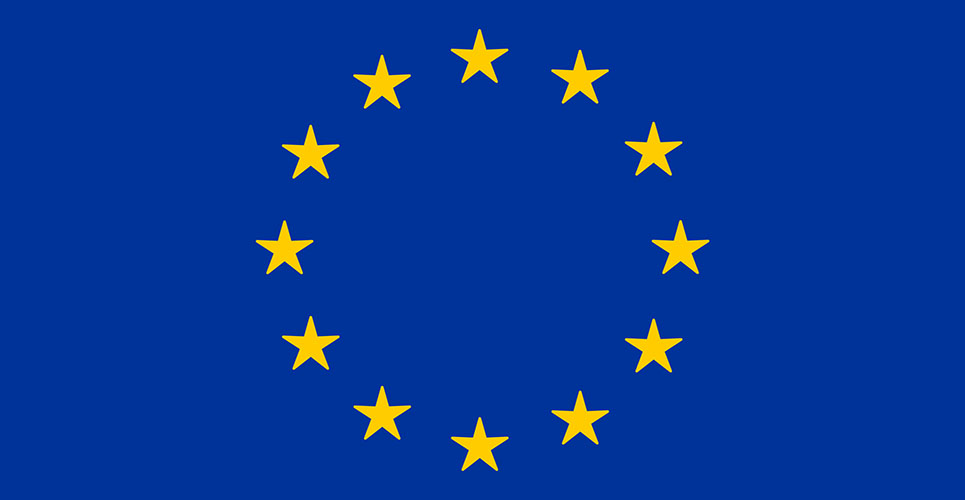teaser
As the EU debates new legislation to regulate medical devices, experts in this week’s BMJ argue that the proposals do not go far enough to ensure safe and effective patient care.
Medical devices range from bandages to life support machines. Within Europe, regulations require manufacturers to obtain a CE mark for a new device from any of the many ‘notified bodies’ throughout the European Union.
At first glance, this seems a structured process, but the amount of clinical evidence needed for CE marking is typically small. And recent events such as the PIP breast implant scandal show that the process cannot guarantee safe and effective patient care.
Bruce Campbell and colleagues at the National Institute for Health and Care Excellence (NICE) argue that that data gathering is still not happening as it should.
They acknowledge that countries across the world are ‘developing frameworks to try to guard against the use of devices and technologies that might harm patients’ but point to challenges such as setting up registers and recording data accurately.
They suggest some solutions, like device tracking to help trace patients and recall devices; improved coding for new procedures; use of registers and data linkage; and better post-marketing surveillance.
“None of the currently proposed changes in legislation, in Europe or elsewhere, includes all of our suggestions to improve acquisition of data,” they conclude. “But developing the systems we have described would go a long way towards producing observational data that would enhance the safety of devices and procedures and facilitate decisions about their place in healthcare.”
In an accompanying commentary, a research group led by Edmund Neugebauer at Herdecke University in Germany argues that Europe needs ‘a central, transparent, and evidence based regulation process for devices.’
Last month, they submitted a petition to the European Commission, European Parliament, and European Council “asking it to enforce the rigorous clinical evaluation of medical devices” and set out three main requirements for an updated European regulation process.
They want to see centralisation of the regulation process and independent assessment ‘by a new public body similar to the European Medicines Agency’.
They also recommended that patient safety should be improved by requiring high quality evidence of patient relevant benefits. Post-marketing surveillance should also be compulsory ‘to ensure that benefits and harms of the device in real world settings are similar to those shown in clinical trials’.
Finally, they call for transparency of the assessment process and results. They believe that the European Databank on Medical Devices (Eudamed) ‘should be publicly accessible and should include all relevant information concerning assessment, including data on safety, performance, and incidents’.
“Discussion of the new regulation is ongoing within the European Parliament, and the outcome is difficult to predict,” they say. “We hope that current efforts to highlight the shortcomings in the proposal will help draw attention to patient safety and make members of parliament aware of the need for a new draft.”

